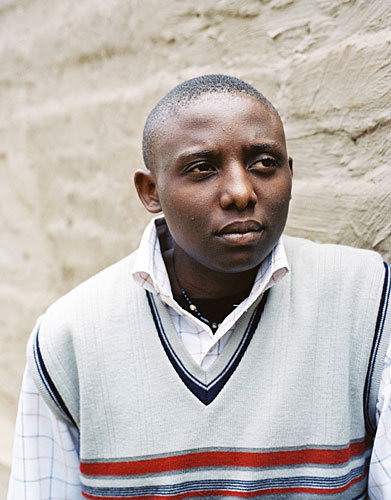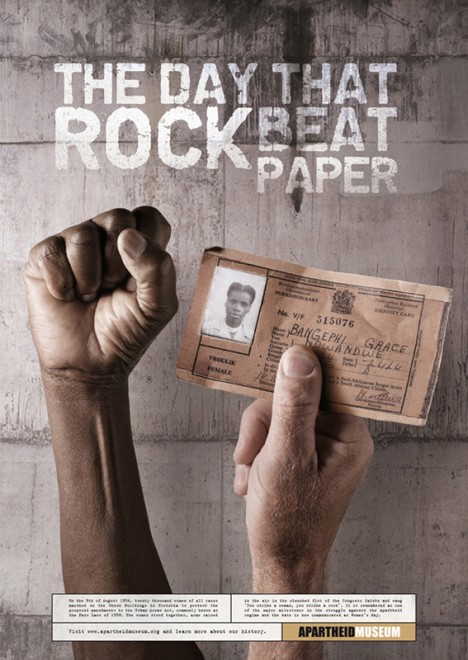The existence of LGBT Africans ultimately challenges the view that Africans are naturally attracted to people of the opposite sex (i.e. the Homosexuality is UnAfrican mantra). However, this pigeon-holes the entire continent — straight and LGBT Africans alike — into addressing homophobia from just one angle: sexual orientation. The danger…
-
-
Advocacy - African Feminism - Afrofeminism - Blog - Gender and LGBT Issues - International Development - LGBT Africa - Media - Non-Profits - Philanthropy
Saying No to Media Saviorism, Celebrating Africa’s Resistance
How about we — as global gender justice advocates — subvert the idea that women are perpetual victims by covering our collective resistance? How about we cut back on the sensationalism — the shock tactics and controversy we once deployed to get mainstream media to pay attention to issues important…

